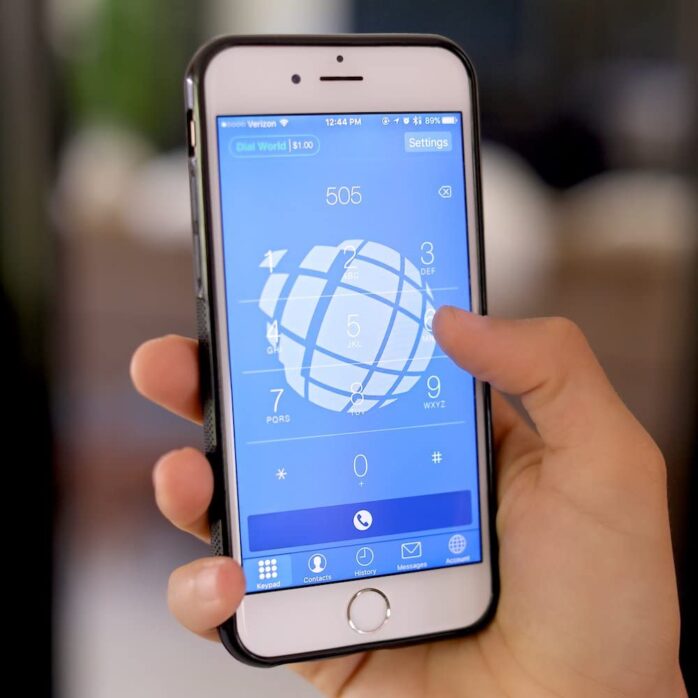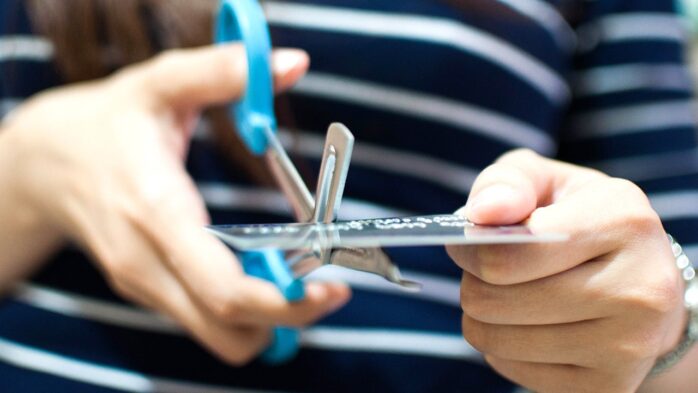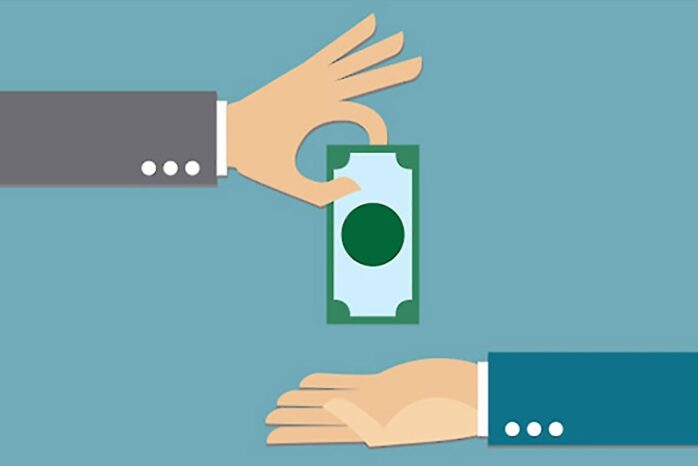I’ve been an avid user of international calling cards for a number of years and used them for business, travel and personal use.
Over this time I’ve tasted the worst and best international calling card services and my recommendation is to make price your last consideration.
Let me explain.
Typically, first time customers do not know much about the thing they are buying unless it is a high priced item.
As they say, in the absence of value, price becomes the number one buying criteria – which is a very bad idea when it comes to most products and services.
“For international calling cards, if you buy solely based on price and I can almost guarantee you are going to experience a lot of frustration, things like technical issues, poor audio quality, get a lot fewer calling minutes from your phone card” – JT, Phonecardchoice.com
The trick to getting the right product is asking the right questions.
In this article, I’ll give you some questions to ask so that you can make an informed buying decision and reduce the chances of frustration or worse, being ripped off.
Please note: if you are looking to purchase a calling card from a newsagent or supermarket, etc. (i..e a general retailer) you will not be able to ask these questions since in most cases they will not know the answer and will likely resort to reading the back the international calling card side by side with you.
I recommend using a calling card retailer only either brick and mortar store or online.
Tech Issues
1. Do you use multiple carrier lines?

This is a question that no customer would think to ask and it was something I stumbled upon when talking to a customer service rep.
Calling card companies connect their calls using carrier lines same as the big telco services but obviously, due to the budget nature of the calling card industry, these carrier lines tend to be slightly lower in quality.
The problem is that a lot of calling card providers only have a couple of carrier lines, this means that if there is an issue, the chances of them being able to find a carrier that works is limited.
Premium calling card services will use 8+ carrier lines giving them a lot more room to find a carrier to connect a call should something go wrong with your calls.
2. How long to resolve a tech issue?
Technical issues like:
- Crossline (your call is routed to a different country)
- Poor audio quality
- No connection at all
Good calling card companies can resolve these issues within a day great ones within an hour.
3. Calling Card & Fees

Most calling card companies will have some form of fee but you want to make sure that these fees are a value add and not purely to create more money in the pocket of the phone card company.
4. Do you have any hidden fees?
Hidden fees are fees like daily service charges where your charged a fee (deducted from your calling card balance) on a regular basis be it daily, weekly or monthly. This charge will come off your card regardless of whether you are using it or not.
These are fees that do nothing more than pad the pockets of phone card services, but it is worth readin the small print just in case there is a valid reason for charging a customers card like this.
5. Are there any connection fees?

Typically i’ll steer clear of international calling cards that come with connection (or disconnection) fees unless there is a value add of some kind. Some companies will offer an added benefit like charging you a lower per minute rate.
If you can’t easily see a benefit to using a connection fee based card then opt for the non-connection fee cards.
6. Expiration
All calling cards will come with an expiration typically 3 months, 6 months and 12 months, I have heard of phone cards that offer unlimited but never seen them myself.
There is no right or wrong here this is just to give you an idea of which options are going to be best based on your calling habits.
For example, if you are only going to make a handful of calls then 3 months is fine, but if you are going to be using this card for longer periods then I’d avoid the 3 month options, it’s just not enough time and you can find yourself with a very large balance since you will be topping up so frequently.
7. What happens to my credit balance if my card expires?

More often than not if you let your international calling card expire then you will forfeit the remaining balance.
With this in mind it is best to not place a large amount of credit on your phone card off the bat since you could lose it all as well as not being able to use it all up inside the expiration period.
There are some calling card companies that do infact allow you to keep your balance but you will ned to top up your account to reactivate it…at least you get your money back.
8. Is there a reactivation fee?
Some international calling card companies will charge you a reactivation fee, to let you know that you have been a bad customer.
My recommendation is to avoid companies that punish their customers in general not just with calling cards, but the upside is that with an activation fee you should be getting your previous balance back as well, that’s the upshot there.
9. Refund Policy

Here you will want to get clear on under what circumstances you can ask for your money back. Typically will this type of purchase, if you have partially used the credit then it can be hard to ask for a refund but good companies will allow you to do so if the reason is good enough for example, not being able to connect to calls in other words your phone card didn’t work period.
The post 9 Questions to Ask Before Buying an International Calling Card appeared first on FotoLog.
from FotoLog https://ift.tt/SxzVLUM
via IFTTT



0 Comments